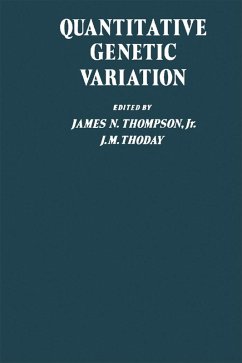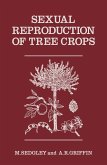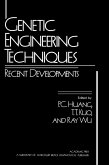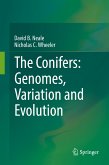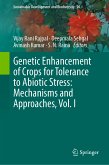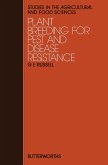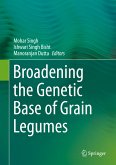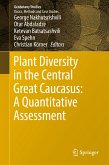Organized into four sections encompassing 17 chapters, this volume begins with a historical overview of the study of quantitative genetic variation, along with genetic variation in fungi and Drosophila. It then discusses the biometrical approach to quantitative variation, selection theory and analysis, uses and limitations of polygene mapping, and computer simulation of the breeding program for polygene location. The reader is also introduced to genes affecting quantitative aspects of physiology in rodents, as well as cytological markers and quantitative variation in wheat.
This book will be extremely useful to students, researchers, and geneticists.
Dieser Download kann aus rechtlichen Gründen nur mit Rechnungsadresse in A, B, BG, CY, CZ, D, DK, EW, E, FIN, F, GR, HR, H, IRL, I, LT, L, LR, M, NL, PL, P, R, S, SLO, SK ausgeliefert werden.

